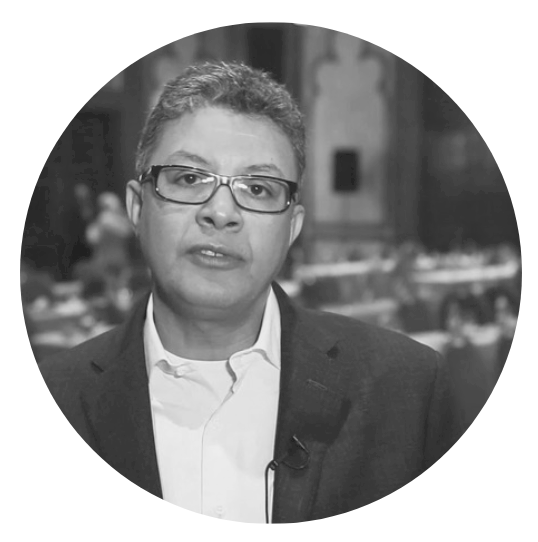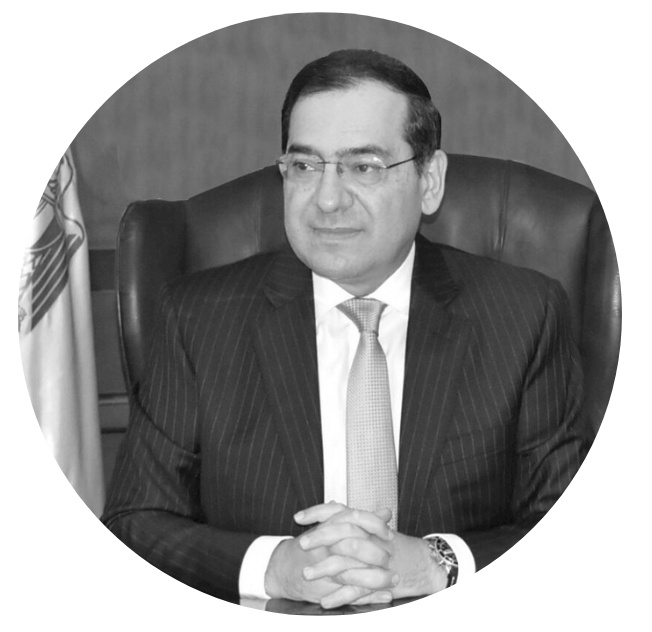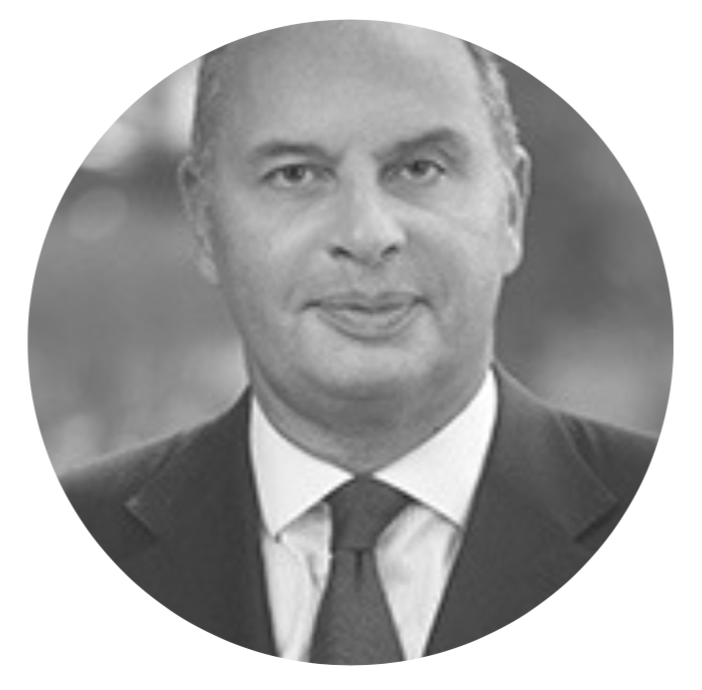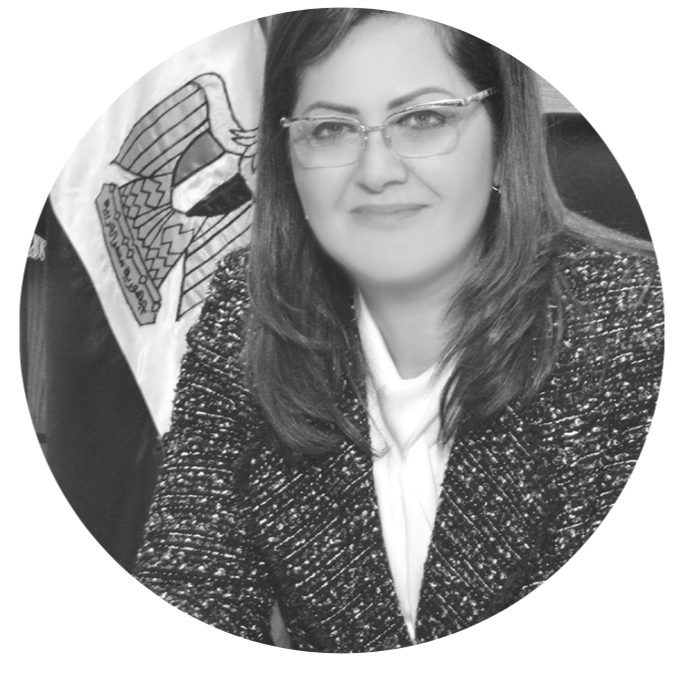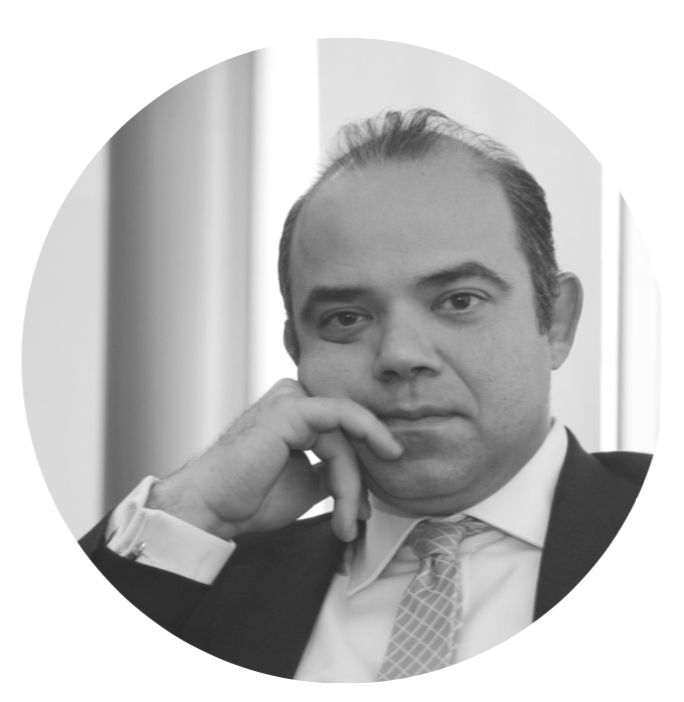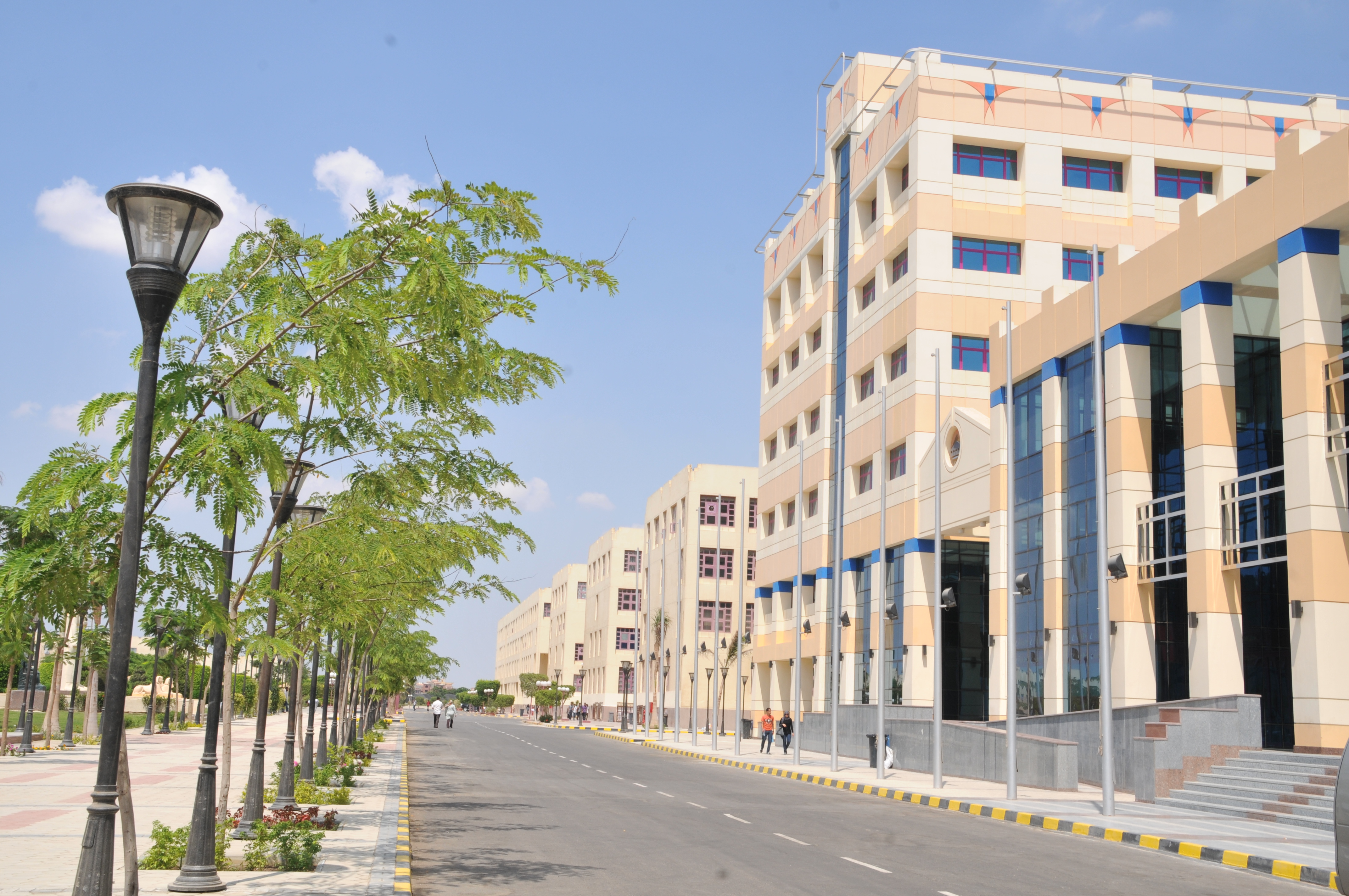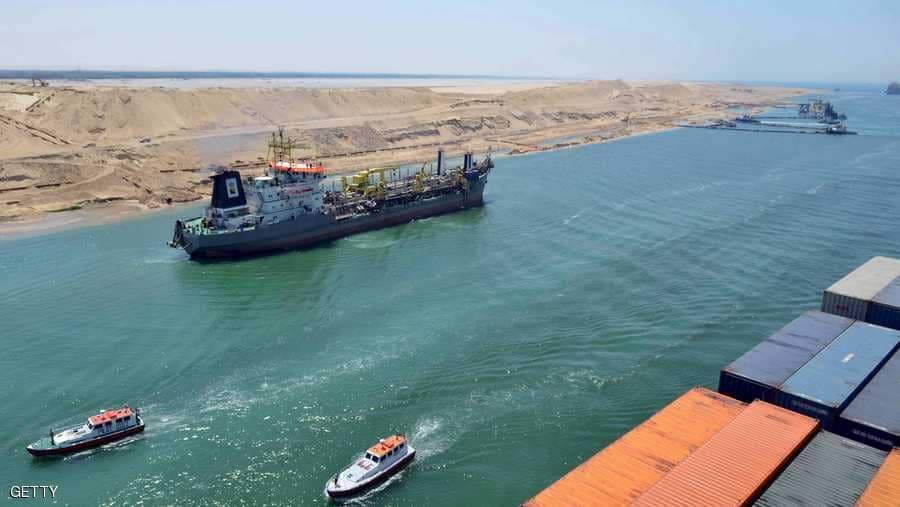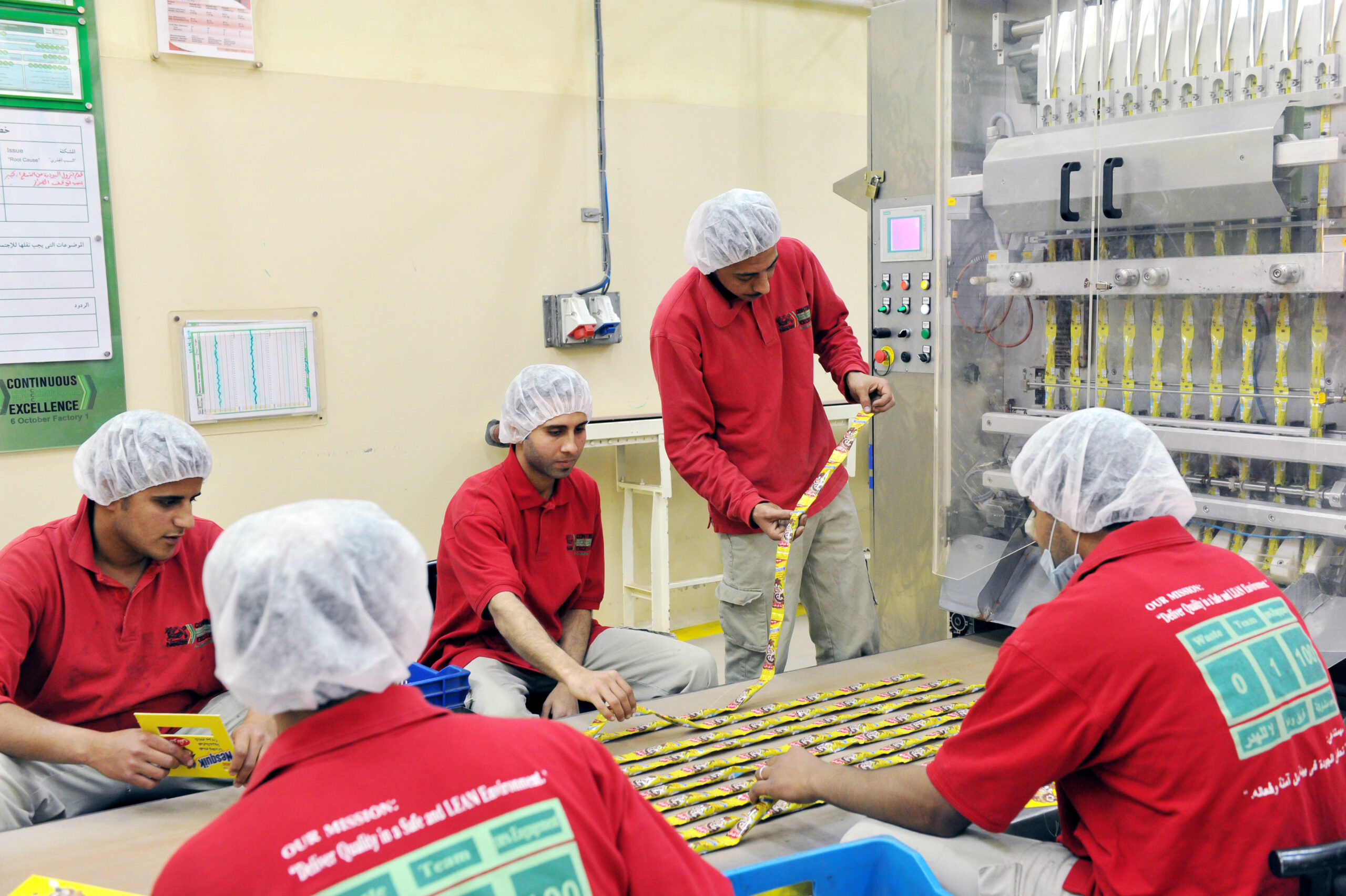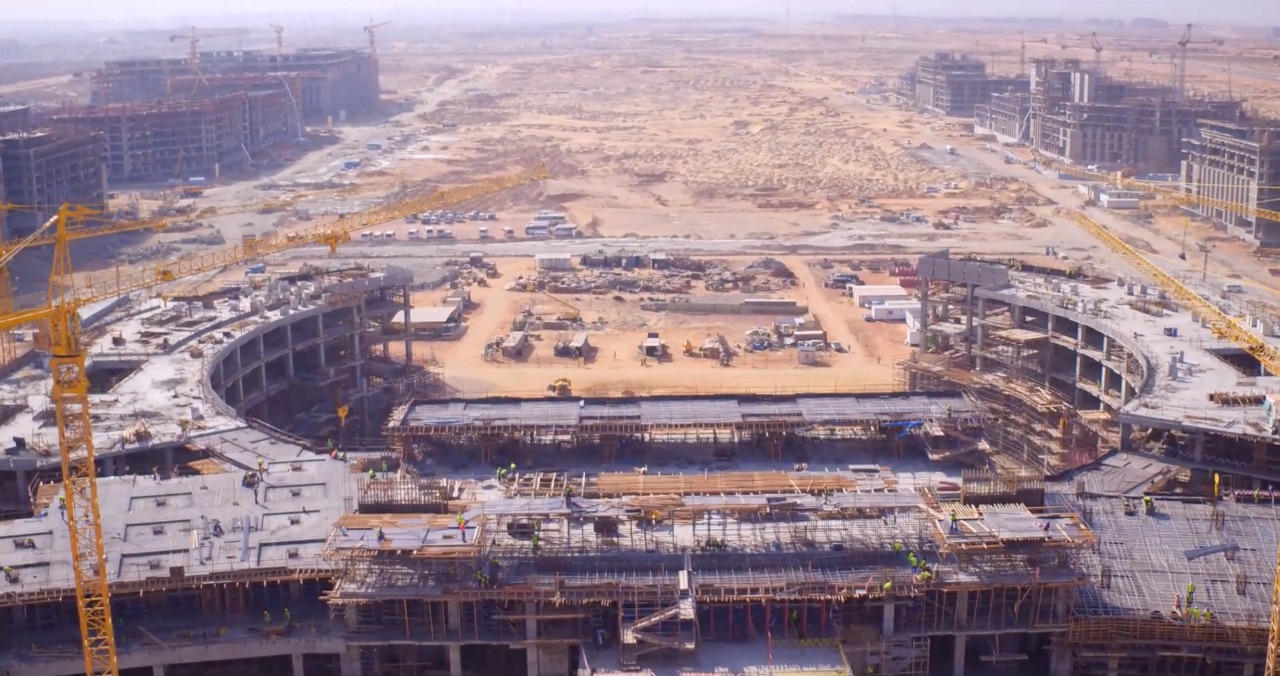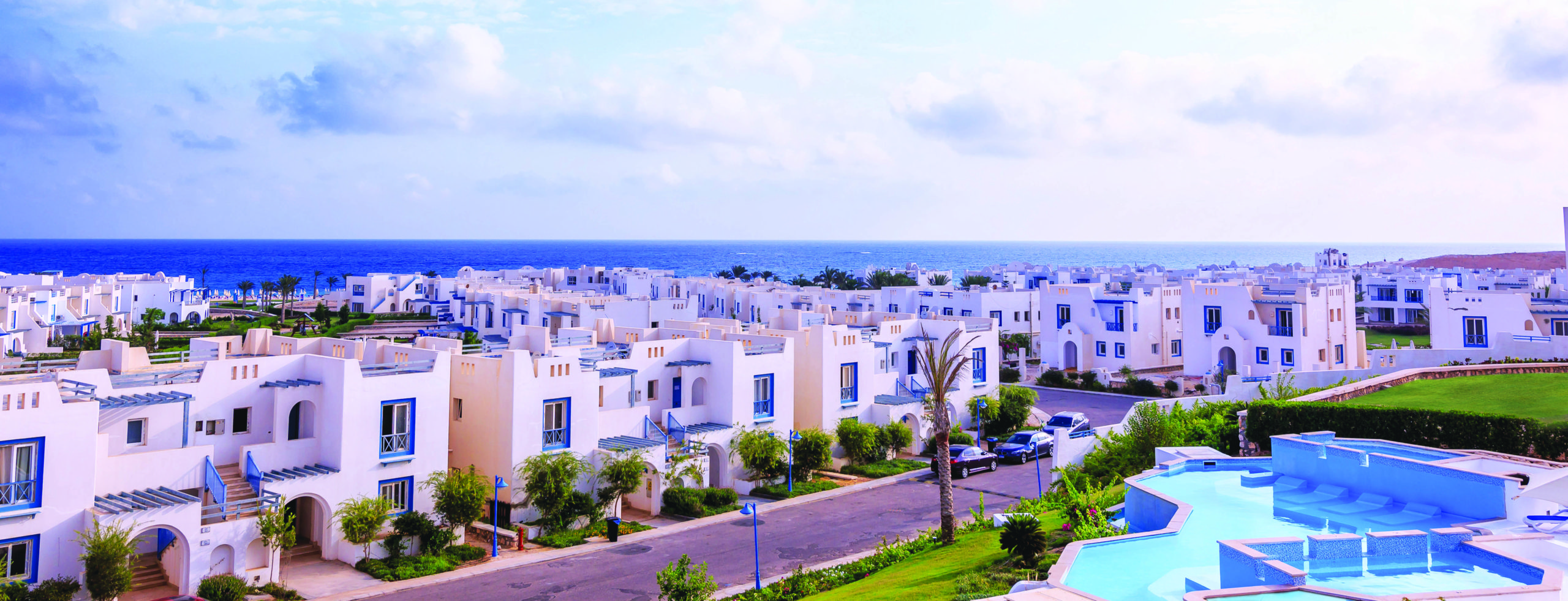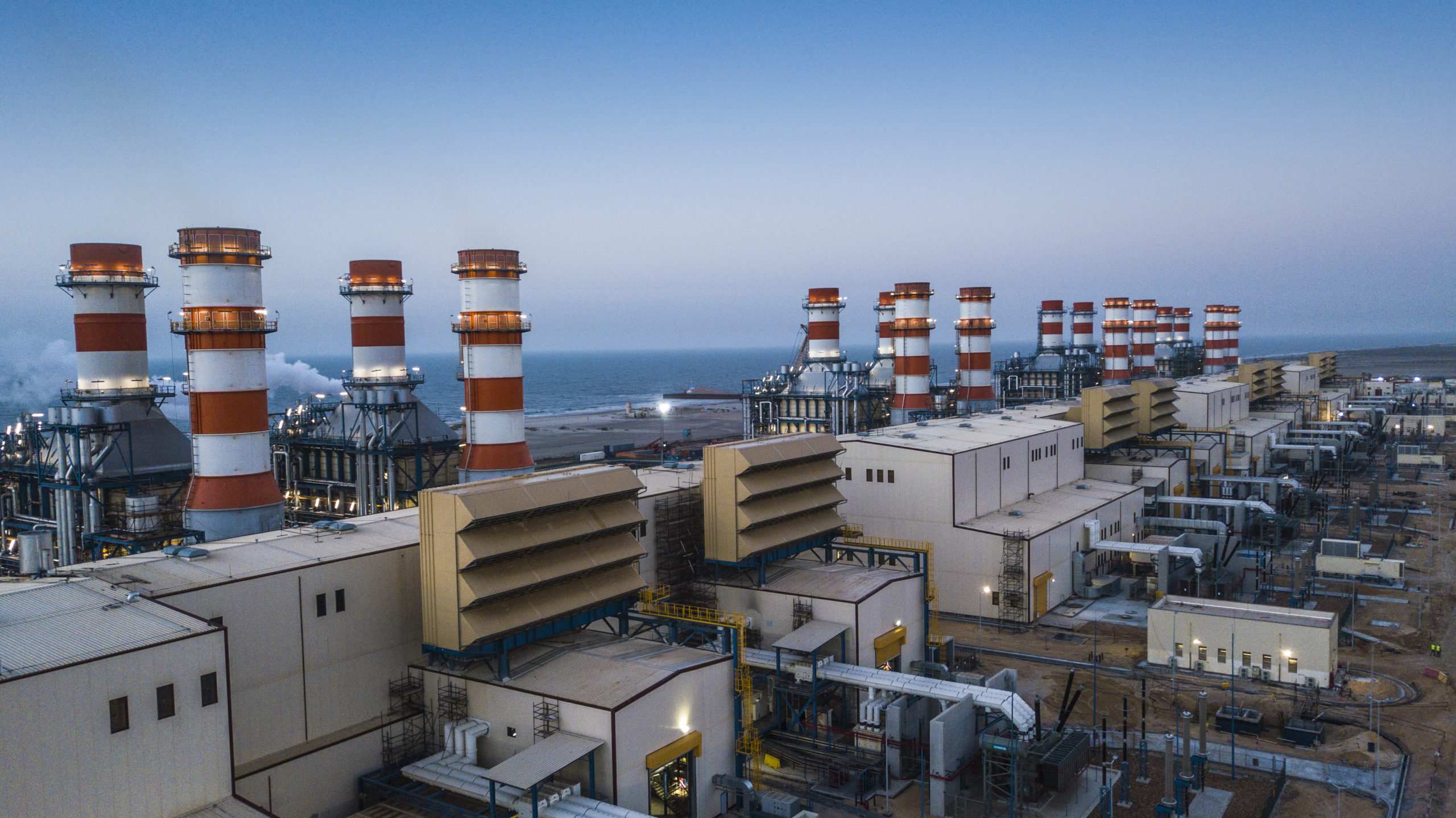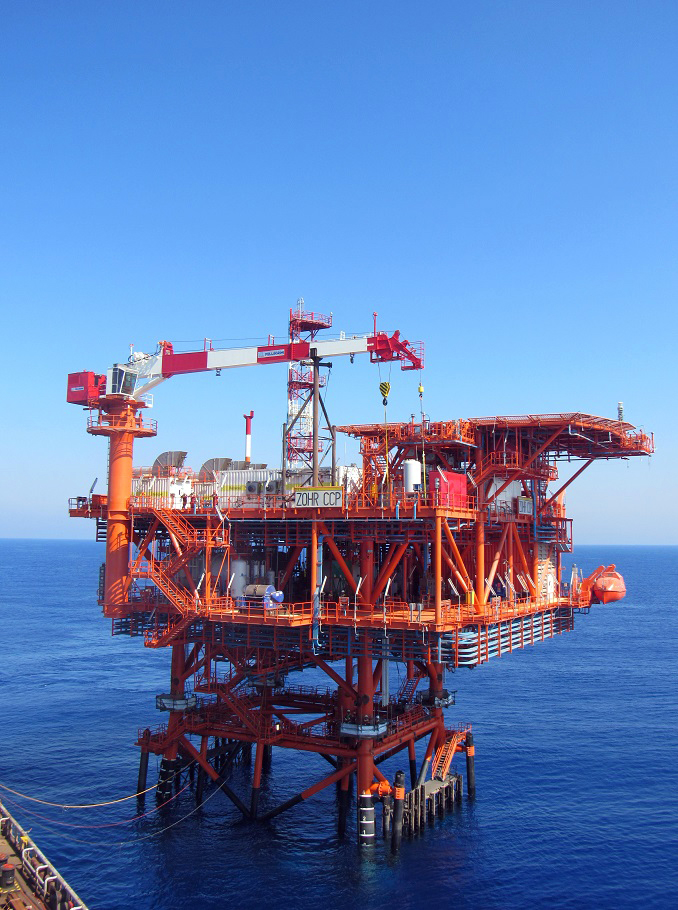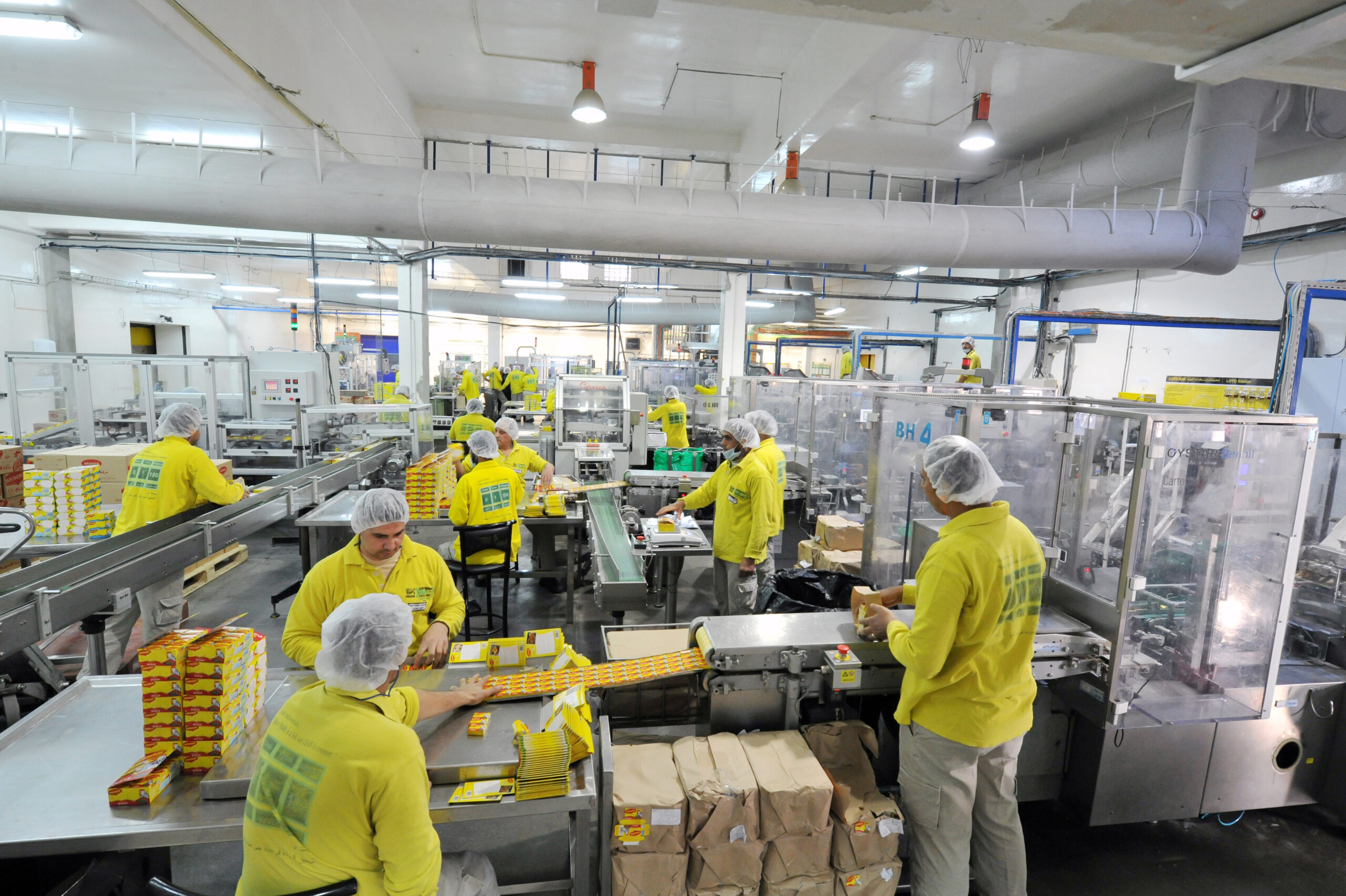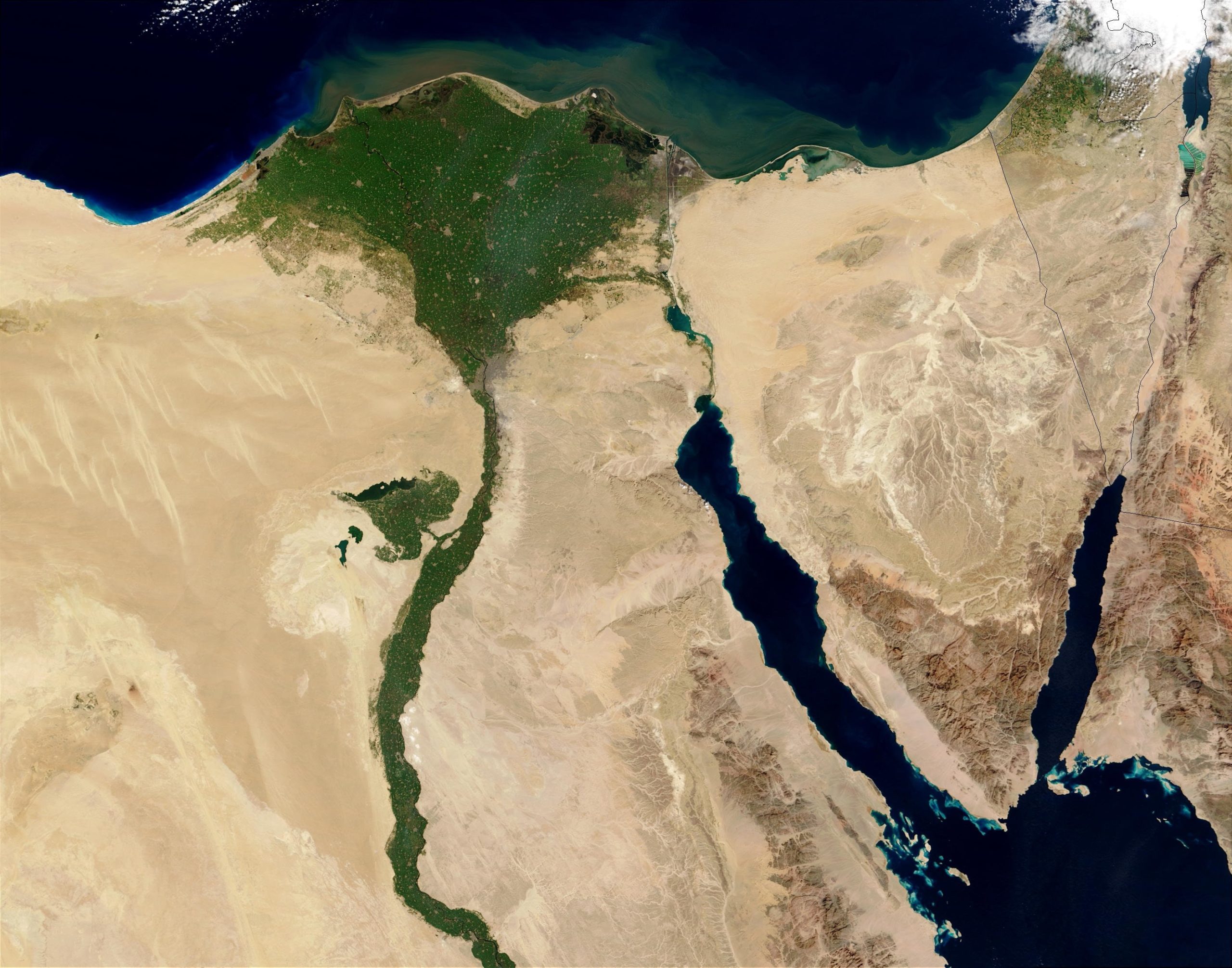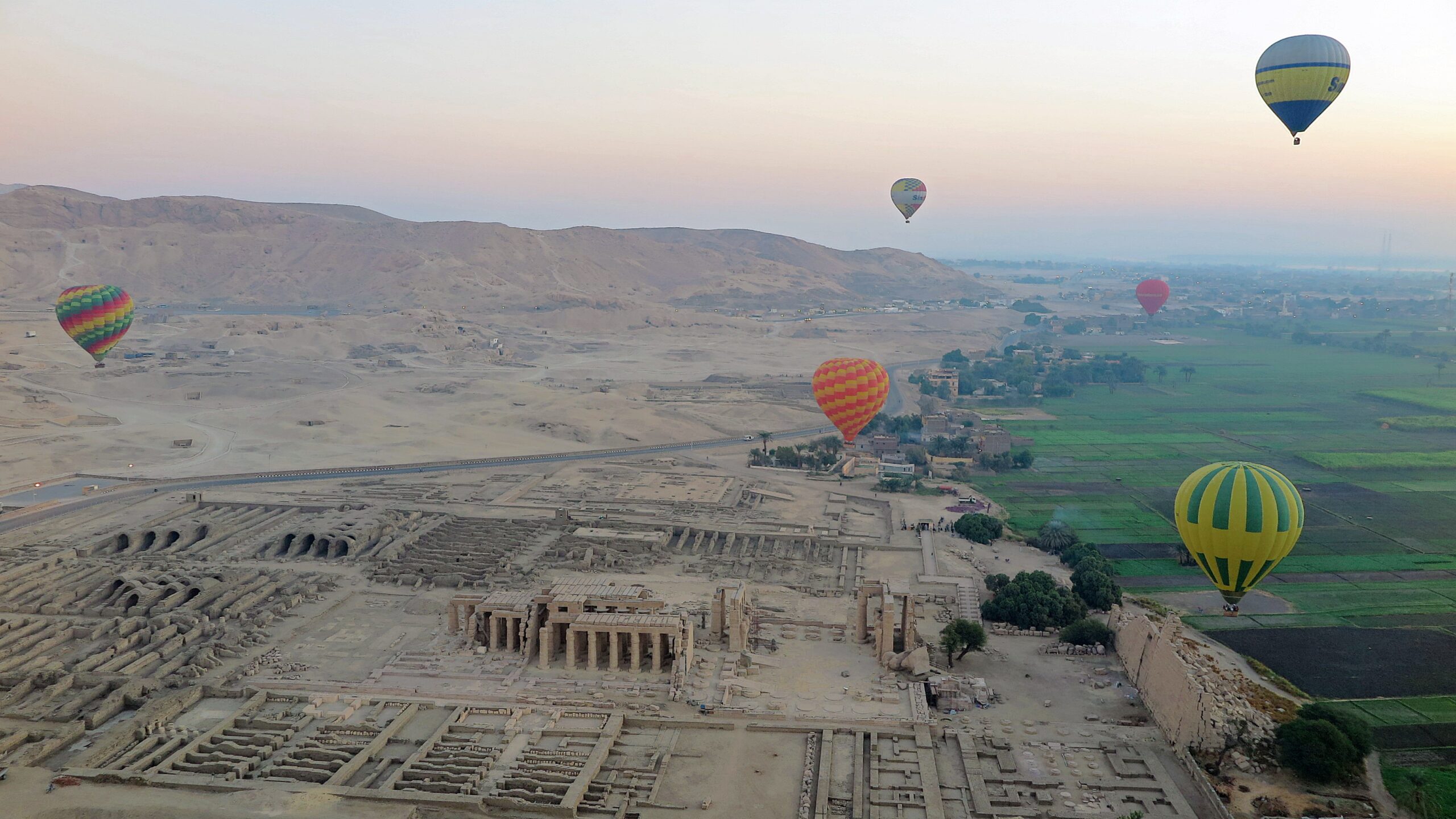
A principality nestled between Switzerland and Austria fosters a prosperous, highly industrialized economy
Liechtenstein has the second-highest gross domestic product (GDP) per capita globally, the second-lowest unemployment rate, and is the world’s least indebted nation. Although small in size, the sovereign nation of Liechtenstein is well-integrated globally. It is a member of several multilateral organizations, including the European Free Trade Association (EFTA), the European Economic Area (EEA), and the World Trade Organization (WTO).
The principality of Liechtenstein is a monarchical sovereign state. The current reigning monarch and head of state is the 15th Prince of the House of Liechtenstein, His Serene Highness Prince Hans-Adam II of Liechtenstein. Prince Hans-Adam II leads one of the world’s most prosperous states. The Princely House of Liechtenstein is one of Europe’s wealthiest monarchies and owns and manages the LGT banking group.
With a well-developed manufacturing sector, strong financial center, and a knack for innovation, the principality of Liechtenstein is a global industrial, business, and economic powerhouse. Nestled between Austria and Switzerland, this landlocked Central European mini-state is the sixth smallest country in the world, covering 62 square miles in total land area. Despite its small size, the country makes for an excellent investment destination with incredible growth prospects.
Although it is most famous for its financial center, Liechtenstein also has a highly industrialized free-enterprise economy. The largest contributor to the nation’s economy is its manufacturing sector. Liechtenstein has a diverse national economy comprised of over 4,700 active business, many concentrated in industry, manufacturing, and the services sector. Its companies design and manufacture leading products and services that are sold across the globe.
Companies based in Liechtenstein benefit from its the location in the heart of Europe, with access to all European Union markets, and close ties with neighboring Switzerland. The two countries share open borders and a customs union. Liechtenstein even uses the Swiss franc as its national currency.
A Welcoming Location For Business
Liechtenstein’s stability and reliability enables business
Liechtenstein’s pro-business environment and attractive taxation system lures foreign investors. At 12.5 percent, the country’s corporation tax is competitive within the European continent.
Liechtenstein enjoys a high level of stability and reliability, reflected in the country’s AAA credit rating, and possesses excellent infrastructure. Liechtenstein also has free-market access to 31 states through participation in the EU which has approximately 500 million people, and additional trade agreements with other nations. It is an excellent gateway for European or global operations and there are many opportunities to collaborate with companies.
Bilateral Relations With the USA
Liechtenstein has invested nearly half a billion dollars in the USA
Liechtenstein established diplomatic relations with the United States in 1997 and has sought to foster an active relationship on all levels. The two countries enjoy warm and friendly relations based on mutual support of free markets, democracy, human rights, and close commercial interactions.
Every year, the principality exports goods worth nearly half a billion dollars to the USA, making it Liechtenstein’s second-largest trading partner after Germany. When accounting only for the principality’s largest companies, the United States then becomes the most important export destination.
It is often a surprising fact to learn that a principality with a population of a mere 39,000 people employs 70,000 people domestically and globally, and nearly 5,000 of those jobs are in the USA. With such a small population, Liechtenstein’s footprint is more extensive than expected. In fact, Liechtenstein’s foreign direct investment (FDI) in the USA is nearly half a billion dollars.
The principality’s companies are heavily involved in the supply chain of goods for many of the USA’s industries such as automotive, construction, dentistry, coating, and audio-visual sectors. Many Americans inadvertently utilize products that come from Liechtenstein without realizing it.
Many forward-thinking and outward-looking Liechtenstein enterprises such as Hilti, a multinational manufacturing company, have forged strong relationships with USA-based businesses. “We see the value in collaborating internationally and having joint ventures to find innovative solutions,” said Dr. Christoph Loos, Chief Executive Officer at Hilti. He added, “For instance, we partnered with Boston Dynamics and Trimble to explore the use of autonomous robots in construction. This venture strives to improve safety, productivity, and quality. We have major operations in the USA. Hilti North America has employees across all 50 states, and we will continue to expand our presence. While implementing our corporate strategy, we also have a focus on strengthening the future sustainability of the group.”

